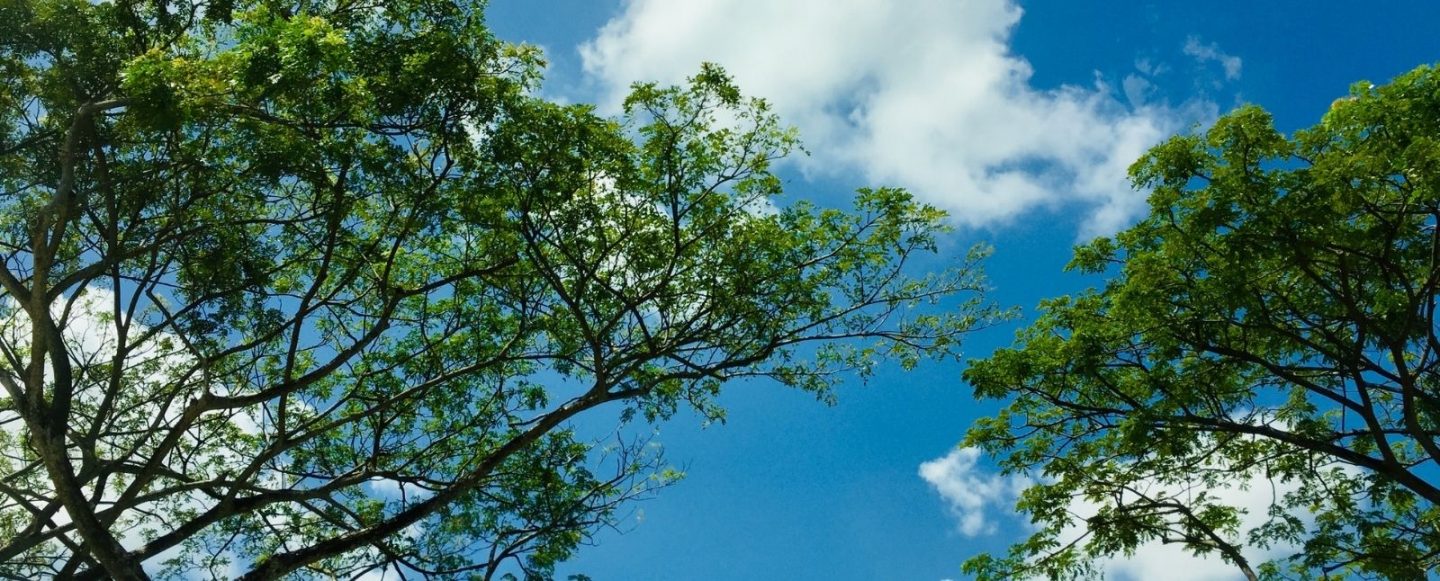Burning hot off the Press! — The new Environment Protection (Air Quality) Policy 2016
26 July 2016
The Environment Protection (Air Quality) Policy 2016 (“the 2016 Policy”) took effect from Saturday, 23 July 2016. Significantly, the 2016 Policy replaces and consolidates the following EPA policies:
- Environment Protection (Burning) Policy 1994 (“the 1994 Policy”);
- Environment Protection (Air Quality) Policy 1994;
- Environment Protection (Motor Vehicle Fuel Quality) Policy 2002; and
- Environment Protection (Solid Fuel Heaters) Policy 2015.
The 2016 Policy includes a new power for councils to issue permits to authorise certain burning activities. Specifically, this power can be exercised by either a council or council officer to which/whom the EPA has delegated the power to issue a permit under clause 6 of the 2016 Policy or, to a council that is an administering agency under the Environment Protection Act 1993. Relevantly, all Chief Executive Officers or City Managers have been delegated powers under clause 6 of the 2016 Policy for this purpose.
The changes from the 2016 Policy are explained below.
Permitted Burning Activities in Council Areas
The 1994 Policy prohibited burning in the open in prescribed areas of councils whereas the 2016 Policy establishes a general prohibition, subject to exemptions, on burning in the open on premises within all council areas.
The exempt burning activities that can be undertaken without a permit are:
- lighting or maintaining fires for the purpose of preparing food or beverages. This exemption existed in the 1994 Policy, however, the items permitted to be used for such fires have now been narrowed to charcoal, dry wood or other dry plant material;
- burning charcoal in braziers for domestic heating. This exemption also existed in the 1994 Policy but has now been expanded under the 2016 Policy to include burning of charcoal in chimineas and fire pits.
In addition to the above, further exemptions now apply under the 2016 Policy in relation to fires in the open within a non-metropolitan council area (other than a township), including:
- lighting or maintaining a fire using charcoal, dry wood or other dry plant material for a campfire or barbecue in the course of camping, scouting or a similar outdoor recreational activity; and
- burning agriculture or forestry waste, burning off vegetation for fire prevention or control, or burning vegetation for any other purpose, outside a fire danger season provided that :
- the burning takes place only on land owned or occupied by the person or on land with the consent or authority of the owner or occupier; and
- the person complies with any mandatory measures and has regard to any recommended measures contained in the following codes of practice prepared by the CFS, to the extent that they apply in relation to the burning activity:
- the Broadacre Burning Code of Practice April 2015; and
- the Vegetation Rubbish Pile Burning Code of Practice April 2015.
Permits
Under the 2016 Policy, both the EPA and relevant council delegates of the EPA can issue permits authorising certain burning activities within council areas. Specifically, within a metropolitan council area or within a township in a non-metropolitan council area permits may only be issued to authorise the following activities outside of a fire danger season:
1. burning agriculture or forestry waste; or
2. burning off vegetation for fire prevention or control; or
3. burning vegetation for any other purpose.
Councils may choose to issue a burning permit specifically to an individual or, may otherwise issue a permit of general application by way of a notice published on the council’s website and in a newspaper circulating within the council area.
A burning permit may be subject to any of the following conditions:
- that the burning activity is to take place only during specified times or periods, under specified circumstances or in a specified manner; or
- that only specified matter or a specified class of matter may be burned (but a permit cannot operate to authorise the burning of a prohibited substance listed in Schedule 1 of the 2016 Policy); or
- otherwise as considered necessary or desirable to control or minimise air pollution from the burning activity.
Additionally, all burning authorised under a permit must take into account the recommended measures and comply with the mandatory measures of the codes of practice prepared by the CFS referred to above.
Importantly, all exemptions and permits issued under the 2016 Policy apply subject to any ban, prohibition, restriction, or other requirement under the Fire and Emergency Services Act 2005, the Native Vegetation Act 1991 or, to the extent they are relevant, the following Acts that are prescribed under the 2016 Policy:
- Botanic Gardens and State Herbarium Act 1978;
- Crown Land Management Act 2009;
- Forestry Act 1950;
- National Parks and Wildlife Act 1972; and
- Wilderness Protection Act 1992.
During the fire danger season, where appropriate, a council may issue a permit to authorise a burning activity pursuant to section 81 of the Fire and Emergency Service Act 2005.
Please contact Cimon Burke at cburke@kelledyjones.com.au or on 8113 7105 if you have any questions in relation to the above.

